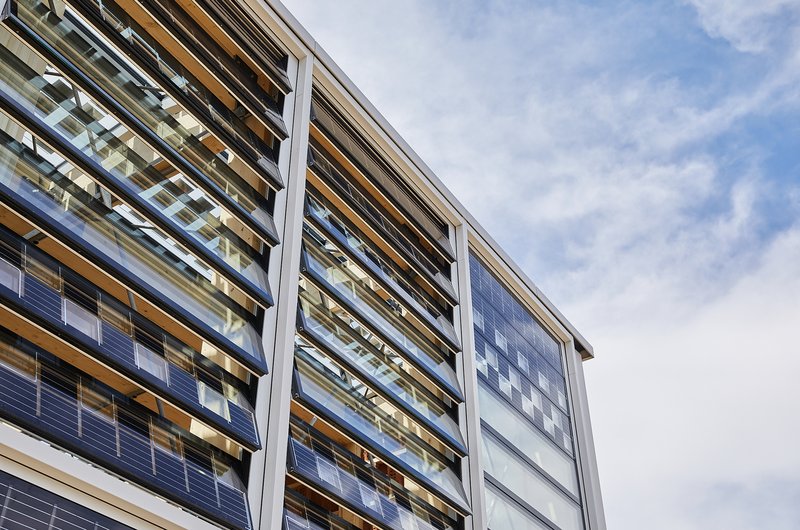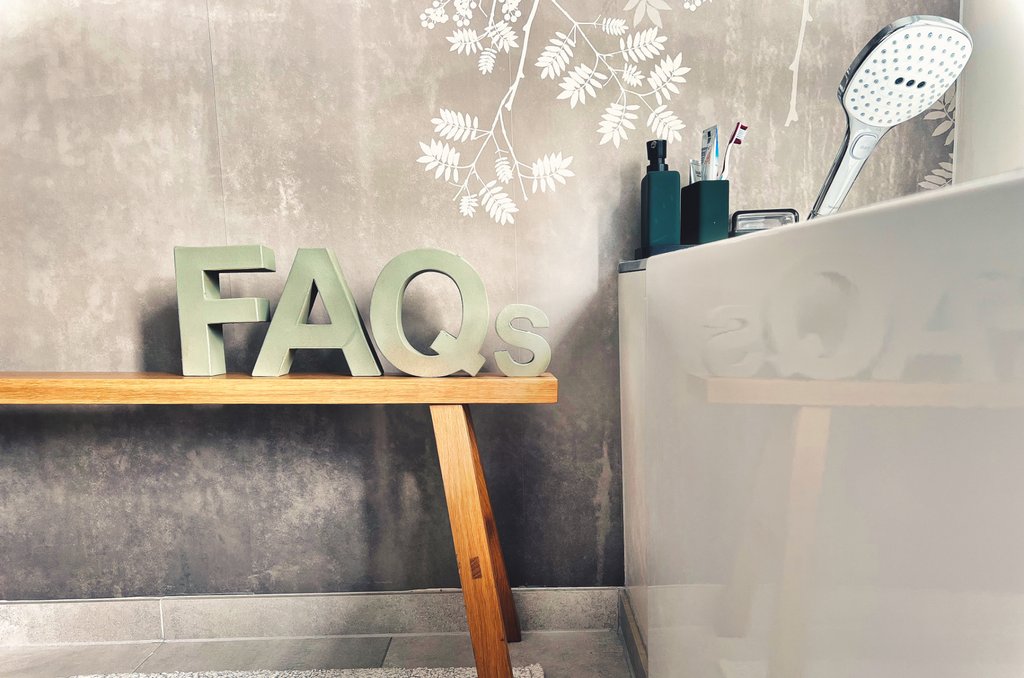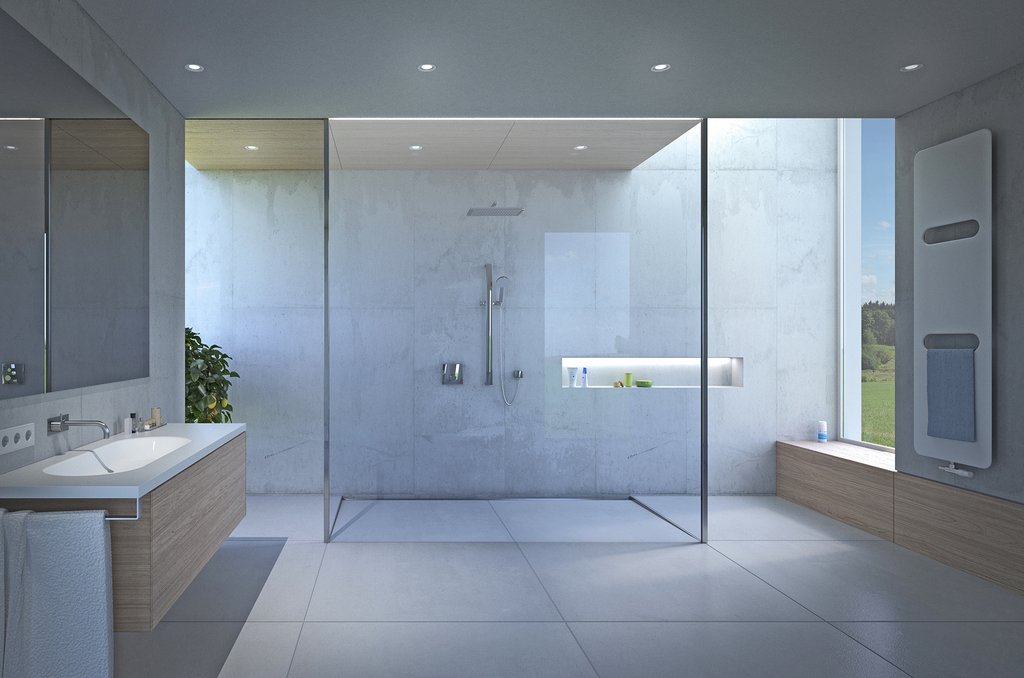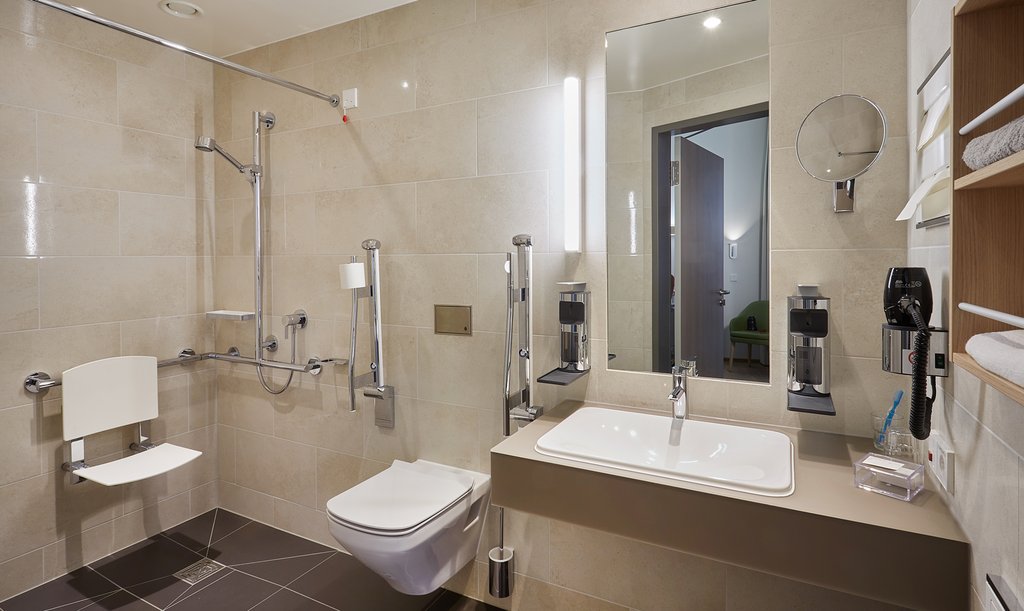Grohe supports Düsseldorf University in the Solar Decathlon Europe
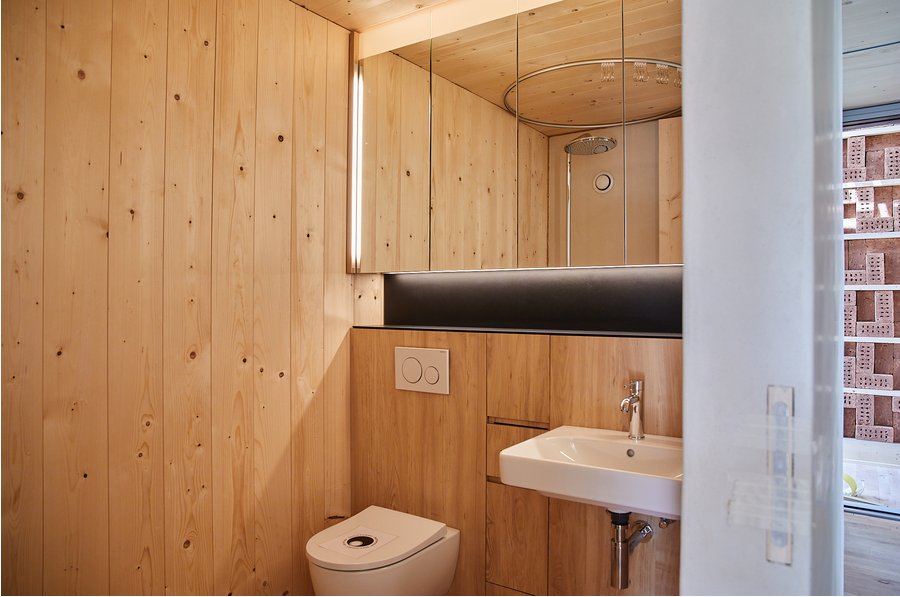
The significance of sustainable
building concepts is growing as demand for living space and resources continues
to rise. It is particularly challenging to implement these kinds of concepts in
city settings as a result of urban densification. Solar Decathlon Europe, one
of the world’s biggest university competitions, encourages students to develop
sustainable urban building and living solutions that address these problems.
It kicked off in Wuppertal in June
2022 with a focus on modernising existing building stock. One of a total of 16
universities from ten nations taking part in the competition was the University
of Düsseldorf and its MIMO team – a team of both students and lecturers in
various subject areas. As project cooperation partner, Grohe provided the team
with a sustainable drinking water and bathroom concept.
Small space requirements for big advantages
The MIMO (Minimal Impact – Maximum
Output) team’s project involved a design to refurbish and add additional storeys
to the traditional event location Café Ada at the heart of Wuppertal. A total
of 17 modules are planned for the cafe roof, adding three new storeys to the
building. The modules contain 13 residential units for up to 29 people of all
age groups, plus communal areas. The entire structure of the additional storeys
will be encased in a climate-regulating envelope with a glass roof and movable,
horizontally mounted louvres to provide natural ventilation, illumination and
passive air-conditioning. The glass envelope also has integrated photovoltaic
cells to deliver power and a built-in shading system. The roof is shaped
specifically in order to collect rainwater and store it in a cistern. Excess
water flows into the natural pond.
Sustainable water concept for bathrooms and kitchens
Sustainable buildings also need
sustainable concepts for drinking water supply and sanitary facilities. Thus,
for the bathroom concept, the team designed a bathroom with a wood and loam
structure that dispenses with adhesive, glue and silicone. This involves the
use of loam panels, which regulate moisture very well but cannot be permanently
exposed to water splashing. The shower is a free-standing object in the
bathroom created with the help of the Essence shower system from Grohe and a
concealed technology.
The wash basin features an Essence
single-lever mixer to match the shower system. Thanks to the SilkMove ES
technology, it reduces energy requirements which only allows cold water into
the system when the handle is in the middle position. In other words, warm
water only flows when it is actually needed and the lever is turned to the
left, saving both energy and utility charges. In addition to that, a combined
flow regulator reduces water consumption by up to 50 percent.
In the communal kitchen the Grohe
Blue water system is fitted. It delivers filtered, chilled and carbonated
drinking water straight from the tap. Grohe Blue ideally complements the
sustainability concept by reducing plastic, water and CO2 consumption, and
providing an alternative to bottled water.
1:1-scale prototypes
The competition was divided into a
design challenge and a construction challenge that involves the construction of
a fully functional prototype on a scale of 1:1. The living concepts were judged
as fully functional residential modules according to a catalogue of criteria by
a jury between 3 and 26 June 2022. At the same time they formed an exhibition
covering a total area of approximately 22,000 square metres that was open to
both trade and private visitors. The house demonstration units served as proof
of concept, but after the exhibition they will also be lived in for three years
as part of a scientifically evaluated live experiment - a contribution to the Living Lab NRW project
(a central research and education establishment of the state of North
Rhine-Westphalia for climate-neutral building and sustainable living in the
cities of the future) by the Düsseldorf University. The MIMO team received a
well-deserved fourth place in the final.
“It was a pleasure to support the
next generation of architects and planners through the cooperation, and to make
a proactive contribution to the development of innovative and sustainable
building and living concepts. After all, the construction sector is responsible
for more than 50 percent of worldwide consumption of materials,” said Alexander
Zeeh, Leader Central Europe, Lixil Emena and managing director Grohe
Deutschland. “Sustainability has been playing a central role at our company for
more than 20 years and we feel it is our responsibility to set an example. We
are proud to have partnered with the MIMO team and to have helped it realise
this pioneering project.”
